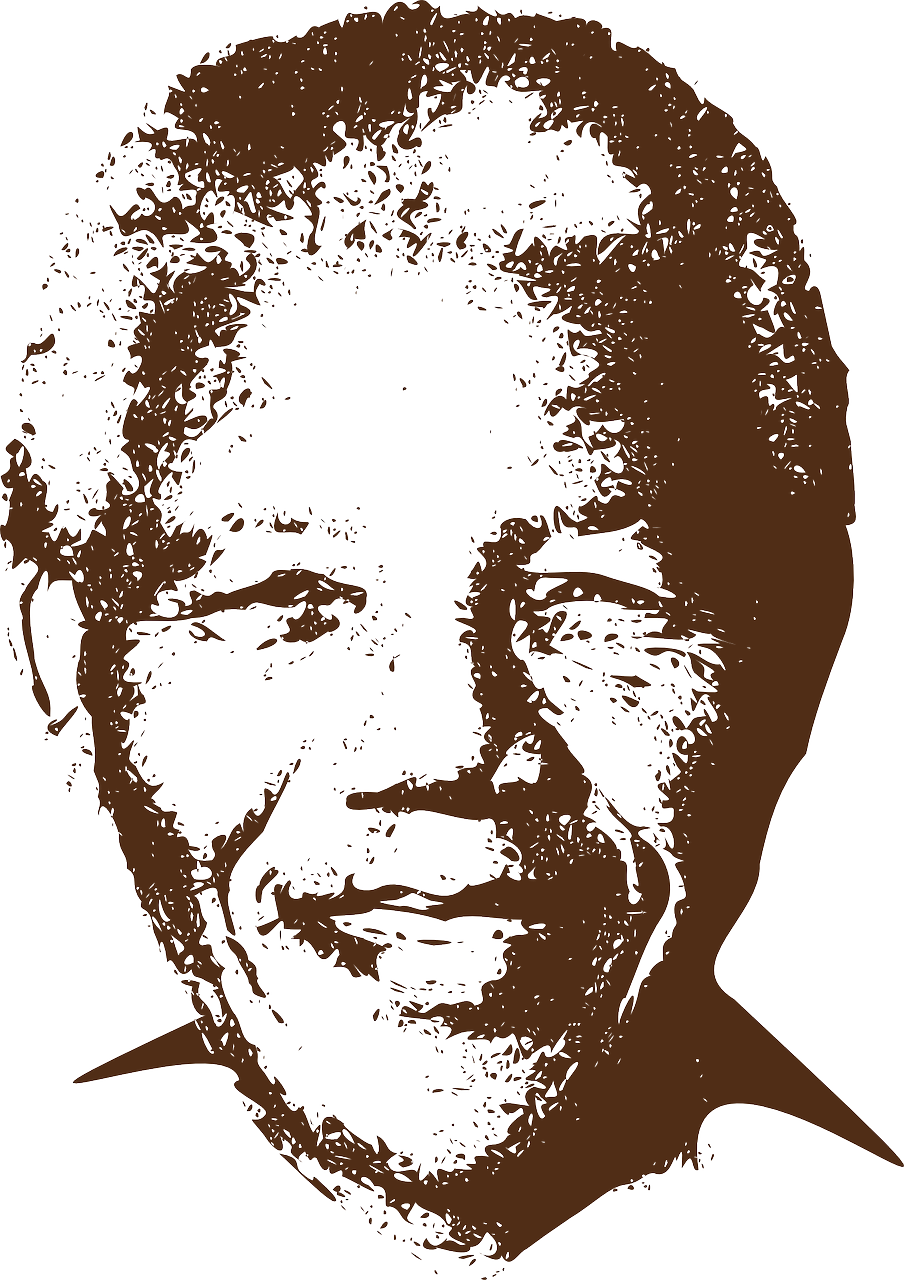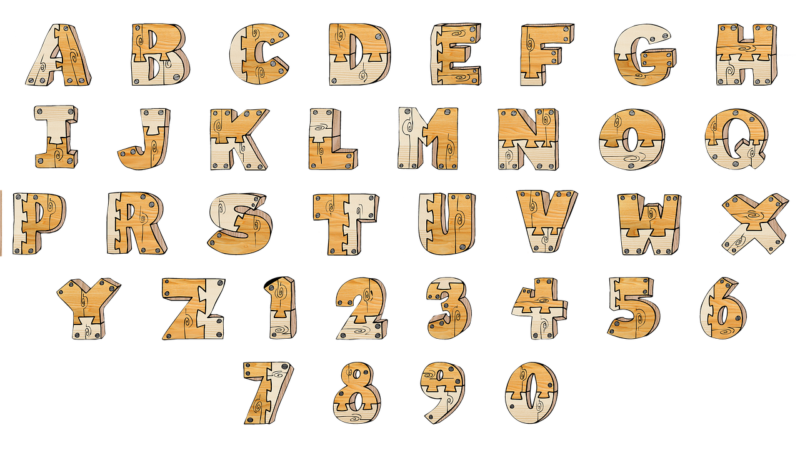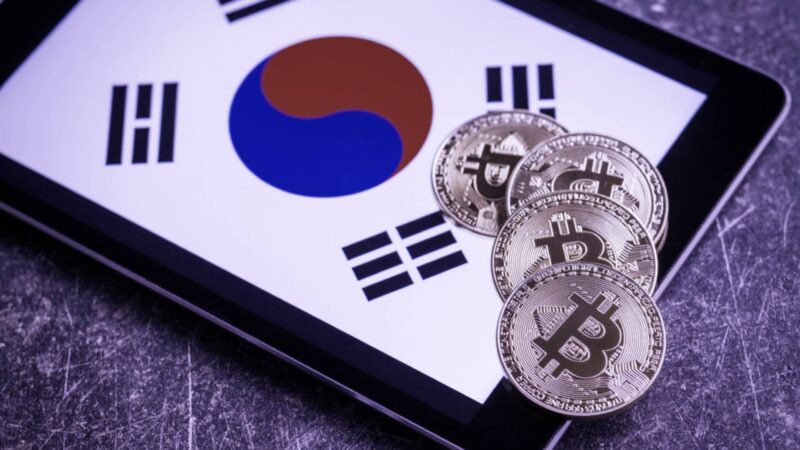The most important people in history, according to artificial intelligence

ChatGPT compiles a list of the 15 most influential and significant historical figures in human history.
“Determining who the most important people in history are is a subjective exercise and depends largely on each individual’s perspective and the criteria they use to evaluate importance,” says AI chatbot ChatGPT when asked . regard. “Also, the history is vast and diverse, so it is impossible to narrow it down to a definitive list.”
Eight years ago, in 2015, the prestigious magazine PLoS ONE published a study in which a list of the 100 most important historical figures in each edition of Wikipedia was obtained. The researchers used Markov chain and Google matrix methods to analyze the hyperlink networks of 24 linguistic editions of Wikipedia, classifying the articles using the PageRank, 2DRank and CheiRank algorithms.
The study not only demonstrated the existence of asymmetries with local figures, recognized mainly in their own cultures, but also the existence of global historical figures that appear in a large number of editions.
According to the Page Rank algorithm and taking into account the English version of Wikipedia, these were, eight years ago, the 10 main figures globally: Carl Linnaeus, Jesus, Aristotle, Napoleon, Adolf Hitler, Julius Caesar, Plato, William Shakespeare, Albert Einstein and Elizabeth II (the English queen, not the Spanish one).
And for ChatGPT , who are or have been the most important people in history? This is the list of 15 historical figures who are often considered “influential and significant in the history of humanity”, in different areas and time periods, according to ChatGPT.
Mahatma Gandhi
Gandhi was an Indian leader who played a crucial role in the peaceful struggle for India’s independence from British rule . His philosophy of nonviolent resistance ( Satyagraha ) inspired similar movements around the world and remains a symbol of the struggle for freedom and justice.
Nelson Mandela
Mandela was a South African anti-apartheid leader who spent 27 years in prison before becoming South Africa’s first democratically elected president in 1994. His fight against apartheid and his call for reconciliation and unity made him an iconic figure in the fight against racial oppression.
Isaac Newton
Newton was an English scientist whose laws of motion and law of universal gravitation laid the foundations of modern physics. His contributions revolutionized our understanding of the physical world.
Albert Einstein
Einstein, a German physicist, is famous for his theory of relativity , which transformed theoretical physics. The equation E = mc² is one of the fundamental principles of modern physics.
Marie Curie
Curie was a Polish-French scientist who pioneered the study of radioactivity . She was the first person to win two Nobel Prizes in different disciplines (Physics and Chemistry) and her research had a lasting impact on medicine and science.
Leonardo da Vinci
Leonardo was a Renaissance genius whose talents spanned numerous fields, including painting, anatomy, engineering, and inventions. His notebooks of drawings and writings are a treasure of knowledge.
Winston Churchill
Churchill was the Prime Minister of the United Kingdom during World War II and a key leader in the British resistance against Nazi Germany . His eloquence and leadership played an important role in the Allied victory.
Muhammad
Muhammad is the founding prophet of Islam and author of the Koran. His teaching and the spread of Islam have had a profound impact on religion, culture and politics in many parts of the world.
Cleopatra
Cleopatra was the last queen of Egypt and an intriguing figure in ancient history. Her relationship with Roman leaders such as Julius Caesar and Mark Antony made her an influential figure in the politics of the time.
Mao Zedong
Mao was the founding leader of the People’s Republic of China and the Chinese
Communist Party
His regime and policies had a significant impact on 20th century Chinese history.
Julius Caesar
Julius Caesar was a Roman general and politician who played a pivotal role in transforming the Roman Republic into an empire. His legacy includes lasting political and military reforms.
Napoleon Bonaparte
Napoleon was a French military and political leader who became Emperor of France. His Napoleonic Wars and his legal code (the Napoleonic Code) had a major impact on Europe.


![Major Sports Events [2025]](https://www.techhubupdates.com/wp-content/uploads/2025/02/Major-Sports-Events-Of-the-Year-2025-800x450.webp)


